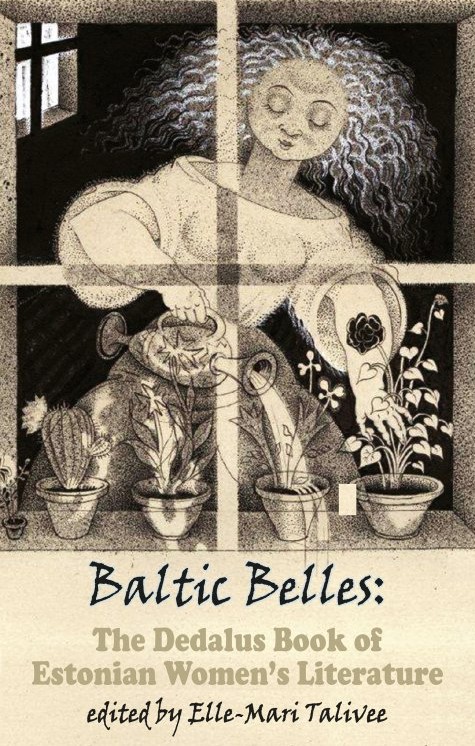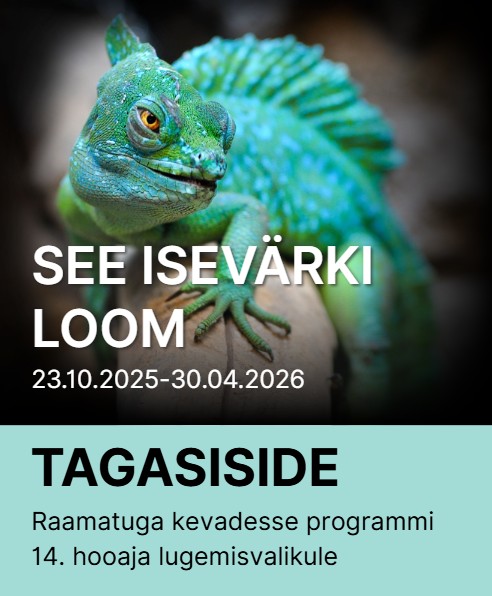
Baltic Belles: The Dedalus Book of Estonian Women’s Literature is an English-language anthology that brings together a wide range of Estonian female authors’ voices. The collection also functions as a poetic reflection of Estonia’s turbulent 20th-century history through a distinctively female lens. Edited by Elle-Mari Talivee and translated by a plurality of translators – including Adam Cullen, whose translation of Peeter Sauter’s novel „Leave Me Alone“ was recently featured on the blog – the anthology is a great introduction for people interested in Estonian literature and in fiction written by women in particular.
As far as anthologies go, Baltic Belles is a rather light book, covering authors from the late 19th century to the present in just 234 pages. More canonical figures like Betti Alver, Viivi Luik, and Maarja Kangro are included in the anthology, alongside lesser-known but equally compelling authors such as Elisabeth Aespe, Elin Toona, and Asta Põldmäe. Their stories tackle a variety of themes: national awakening (Elisabeth Aspe), war and Soviet repression (Viivi Luik), exile and diaspora (Elin Toona, Helga Nõu), as well as intimate depictions of womanhood, identity, and personal transformation (Aimée Beekmann, Lilli Promet, Maimu Berg). The anthology opens with a helpful foreword that introduces each author and provides a broader context for Estonia’s national history and literary tradition.
For me, the most compelling stories were those of wartime displacement and life in exile, as I was less familiar with these authors. Not to mention that the refugee narrative remains highly relevant today. Such pieces are mostly complemented with stories rooted in Estonia’s soil, from village life to Soviet-era Tallinn. An exception to this is an exerpt from Mari Saat’s experimental novel „In the Winds of the Blue Heights“ („Sinikõrguste tuultes“, 2000), which is revolves around the tragic sinking of MS Estonia in 1994. The collection ends with Maarja Kangro’s short story „At the Manor, or Jump Into the Fire“ (2014) which brings a sharp, ironic, and socially critical perspective into the 21st century.
As the anthology is wide-ranging, it doesn’t need to be read cover to cover. Readers can simply skim the foreword, find a theme or story that piques their interest, and dive in. Reading the anthology from start to finish, one is bound to find something that resonates, as the pieces vary significantly in style. The collection includes works of dreamy poetic prose, psychological realism, symbolism, autobiographical writing, and sharp satire. All in all, I found the anthology an enjoyable short read that broadened my understanding of Estonian literary tradition.
***
Published: Sawtry : Dedalus, 2019
Editor: Elle-Mari Talivee
Translators: Adam Cullen, Eva Finch, Jason Finch, Christopher Moseley
Mirt Vissak, Tallinn Pelguranna Library

